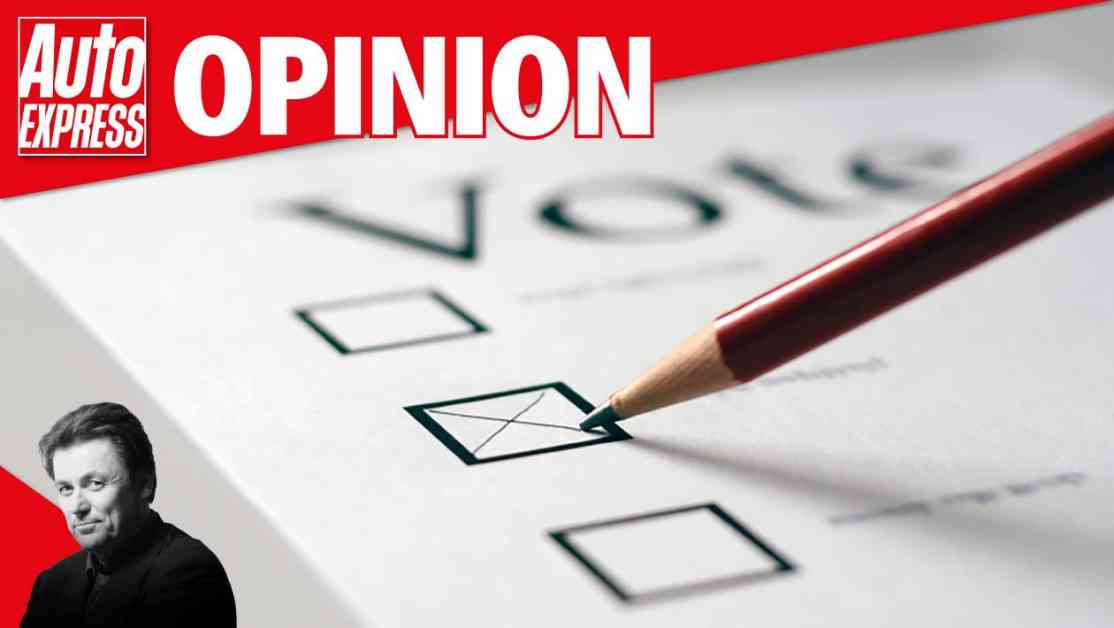The upcoming general election in the UK is critical for the 40 million driving-licence holders in the country. The decisions made by voters could impact their daily lives as car users and the future of mobility. The election date has been set for 4th of July, and motorists must choose the party that will manage their roads, motoring taxes, and potential bans on petrol and diesel cars.
Political parties need to address pressing issues such as the transition to electric vehicles, the ban on combustion engines, and the slow progress of infrastructure improvements for electric cars to become more practical. It is essential for parties like Labour, Conservatives, Lib Dems, Greens, Reform, SNP, and others to outline their stance on these matters in their manifestos.
One of the significant concerns for drivers is the increasing toll fees on roads that are supposed to be free at the point of use. For example, motorists traveling through the Dartford Crossing near London may have to pay multiple tolls, amounting to £29.50 daily for a 19-mile journey. This raises questions about the potential expansion of toll fees in other cities and counties and the impact on drivers.
The manifesto of each party should address these issues and provide clear solutions to alleviate the financial burden on drivers. With approximately 40 million driving-licence holders in the UK, voters have the power to demand answers from politicians and influence the direction of motoring policies.
Mike Rutherford, a prominent motoring journalist, emphasizes the importance of voters understanding where each political party stands on motoring issues. As a seasoned expert in the field, Mike has witnessed the evolution of the automotive industry and the challenges faced by drivers. The upcoming election presents an opportunity for drivers to voice their concerns and hold politicians accountable for their promises.
In conclusion, the stance of political parties on motoring issues will have a significant impact on the future of transportation in the UK. Drivers must carefully consider the policies put forth by each party and make an informed decision when casting their votes. The election represents a crucial moment for motorists to shape the direction of motoring regulations and infrastructure development in the country.










